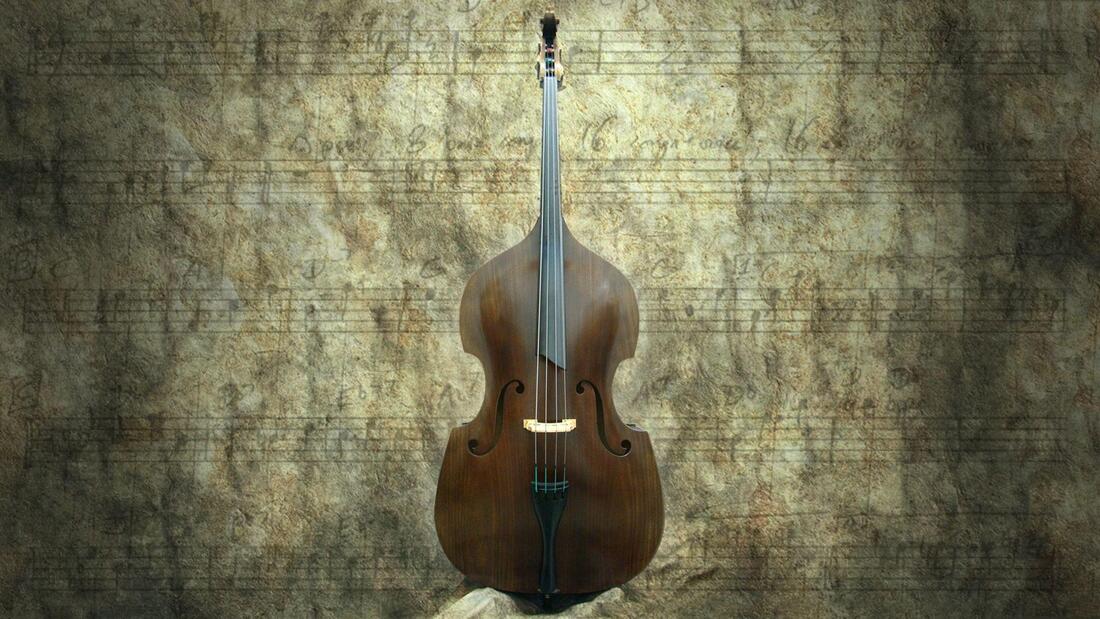|
If you've ever wanted to improvise on the saxophone or whatever instrument you play, but were feeling like it's too difficult, take a look at my latest student who's been with me for less than 8 months.
She's just one of hundreds of students who has never played a saxophone or any musical instrument in her life and after 8 months she's improvising at a level that usually takes 4- 6 years. It's a very simple technique. This method takes all the thinking out of your playing so your head and fingers will get out of the way and you’ll learn how to trust your ear to guide you through just like your favorite players. It’s not as hard as it may seem to you right now. There are no tricks — just a simple step by step method that you can learn in 3 music lessons and in 4-7 months you’ll be applying it to all your favorite songs you want to solo on. This is a fun method that gets you playing real music right away instead of just exercises and scales. As a part of the training you will receive a slow blues track (piano, guitar, bass and drums) that you can practice along with. In just a few months you will be a new player, soloing with confidence and catching all the chord changes. Check out Melody Chu (who was a complete beginner saxophone student). In less than 8 months she is able to improvise at a very high level. She's been improvising for about 5 months now, but we were learning more complex rhythms and expression techniques to add into her improv for the last 5 months. Pretty amazing! If you want to take music lessons on Sax, flute, Guitar, Piano or any instrument contact us as www.losangelesmusicteachers.com. 5 Benefits to Learning Upright Bass
4/4/2022
For a lot of people, the image of a talented virtuoso conjures up images of pianist in a concert hall, or an expert violinist. However, the double bass is a beautiful and necessary instrument that forms the backbone of any serious orchestra; and a number of emerging studies show that playing it can help your brain, as well. In this article, I’ll give a quick rundown of some of the major mental and physical benefits that learning and playing the upright bass provides. 1. LEARNING THE BASS CAN HELP YOUR CHILD READ BETTER The basic premise behind the claim is that musical performance and practice helps expose children to sounds they wouldn’t otherwise have encountered – thus firing the areas of the brain associated with sound processing, and analysis. This is known as “neurophysiological distinction”. Developing neurophysiological distinction in a young child gives them the tools to tackle complex words and sounds in an academic setting, giving them skills that can aid in all areas of learning, but provide a special significance to reading and writing. 2. THE DOUBLE BASS IS GOOD FOR YOUR MEMORY This isn’t necessarily a benefit unique to the upright bass, but it is one that it can give you nonetheless. Organized music lessons have a positive effect on overall IQ and general cognitive function. What’s more, the longer you keep at it, the larger the positive effects are. Memory tests administered to a control group and a group who had a musical background indicated a significant score increase in the test subjects who had affiliation with organized music education. 3. PLAYING CAN MAKE YOUR BRAIN HEALTHIER Playing the bass is a worthwhile pursuit for a number of reasons. Studies performed on developing children showed not just a difference in brain activity, but a physical one as well – those that participated in music showed a significant increase in brain volume, as well. In layman’s terms, the grey matter in the brain is the part responsible for processing information. That means an increase in volume can have benefits such as increased attention span, improved social behavior, and a greater mental acuity and cognitive response time. Grey matter is a sign of a healthy, functioning brain – it’s the part that does the thinking. 4. THE DOUBLE BASS IS GOOD FOR PHYSICAL HEALTH AS WELL Playing any instrument has elements of good posture and position, but the upright bass may be an instrument where these qualities matter most. Not only is it one of the more physically demanding instruments due to its large size and heavy strings, it also is typically played in an upright, standing position. This makes proper posture essential for learning, and encourages a healthy spinal column and correct vertebrae alignment that carry benefit through one’s entire life. 5. THE BASS CAN OPEN PROFESSIONAL DOORS The upright bass is a wonderfully dynamic and versatile instrument – professional musicians that learn the double bass have a leg up in the music industry due to the flexibility of the instrument giving it a niche foothold in several different genres. Bassists are always in demand because they are a necessary part of so many different kinds of musical styles – be it jazz groups, live music, recording artists and bands, or symphony orchestras. CONCLUSION If you’ve been considering taking up the double bass, I hope this article has convinced you the positive benefits are absolutely worth it. The bass not only helps your musical ear and body, but helps encourage brain health as well. If you're interested in taking Bass lessons on Zoom or In Person in Burbank, Glendale or North Hollywood, we have some of the best Bass lessons in Los Angeles. Our Bass instructors are picked by interviewing hundreds of Bass instructors and we have really high standards on both their teaching ability as well as their personality. If you'd like to talk to one of our instructors or set up a first lesson we have a guarantee that if you don't absolutely love your first lesson you don't have to pay for it. Please contact us at (818)902-1233 or on our website at https://www.losangelesmusicteachers.com/contact-us-for-info.html
|
Archives
July 2024
Categories
All
|
|
Music Lessons Available on All Instruments:
Piano Lessons
Guitar Lessons Voice Lessons Drum Lessons Violin Lessons Cello Lessons Saxophone Lessons Jazz Improvisation Lessons Flute Lessons Clarinet Lessons Singing Lessons Acoustic & Elec Bass Songwriting & Production |
Contact Us Now
|
Website by Never Alone Business Services


 RSS Feed
RSS Feed



